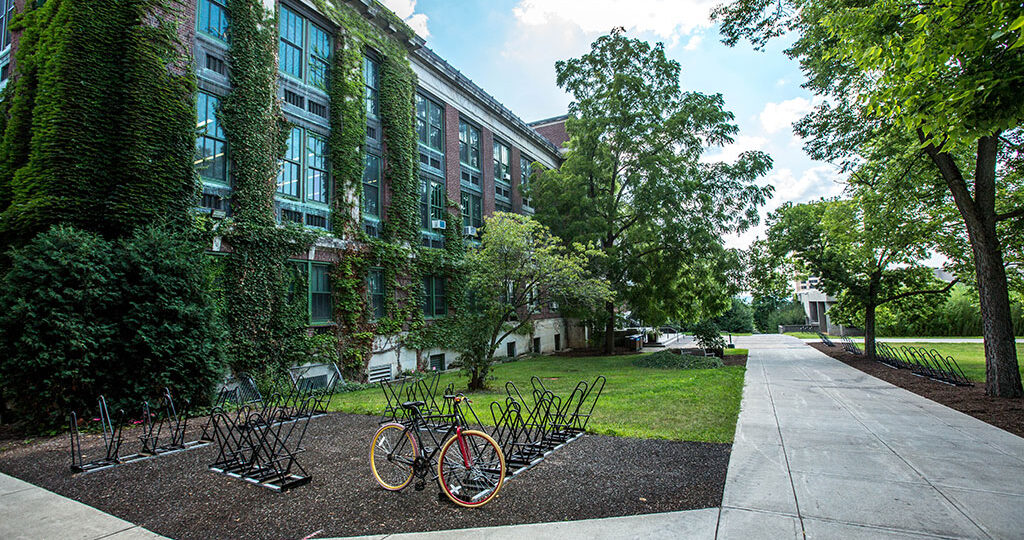You scrubbed the apartment from head to toe, making sure to patch up any holes from nails, and even cleaned a few scuff marks off the walls.
Move-out was a month ago, and you haven’t received your security deposit back from your landlord. In fact, you haven’t heard from your landlord at all.
That money might be rightfully yours. Here’s what tenants need to know about returning a security deposit, according to the Pennsylvania Landlord Tenant Act.
What do I need to do to make sure payment comes quickly?
Before you move out, make sure your landlord has contact information for you in your new home. Something as simple as not having your new address could be holding things up. Even if you suspect they’ll send funds electronically, you must provide a forwarding address before moving out.
How soon will my deposit be returned?
Once a lease ends and the tenant is out of the property, the landlord must return the security deposit to the tenant within 30 days. If the landlord does choose to withhold any or all of the deposit due to damages, they must provide a written statement detailing the damages and withholdings within 30 days.
What sort of deductions can my landlord make?
Landlords can only deduct from the tenant’s security deposit under specific instances. That includes damages beyond normal wear and tear, anything negotiated within the lease agreement, as well as any unpaid rent left on the balance before moving out.
That means the landlord can’t withhold funds for things like routine maintenance or standard cleanings. They also can’t withhold your deposit for damages that were present at the time of move-in.
As a tenant, it can be helpful to take an inventory of damages to the unit at the time of move-in as a record if the landlord attempts to withhold a portion of the security deposit.
It’s been 30 days. What do I do now?
If you’ve been out of a unit for more than 30 days without receiving your security deposit or an explanation of damages from your landlord, it’s time to take action. In PA, if your landlord does not return the deposit within 30 days, you may be entitled to the amount of the initial deposit plus an additional amount equal to the deposit. To put it simply, the landlord could owe you double the amount of the initial security deposit.
If a landlord fails to comply with the return or accounting requirements, tenants have the right to take legal action to recover the security deposit plus any additional damages or costs incurred due to the delay or improper handling.
This is when legal action and a demand letter can come in handy. A demand letter is a legal document to the landlord asking for the prompt return of the security deposit, plus additional funds if it is past the 30-day mark.
While a tenant could draft a letter on their own asking for the deposit back, it is unlikely to be as effective as a demand letter. Working with a lawyer to craft the demand letter ensures the tenant complies with the Landlord Tenant Act and could help you recover the funds sooner.
Ready to send a demand letter? Reach out to Cameron Kockler today to get started by emailing ckockler@lynchlaw-group.com or by calling (724)776-8000.





